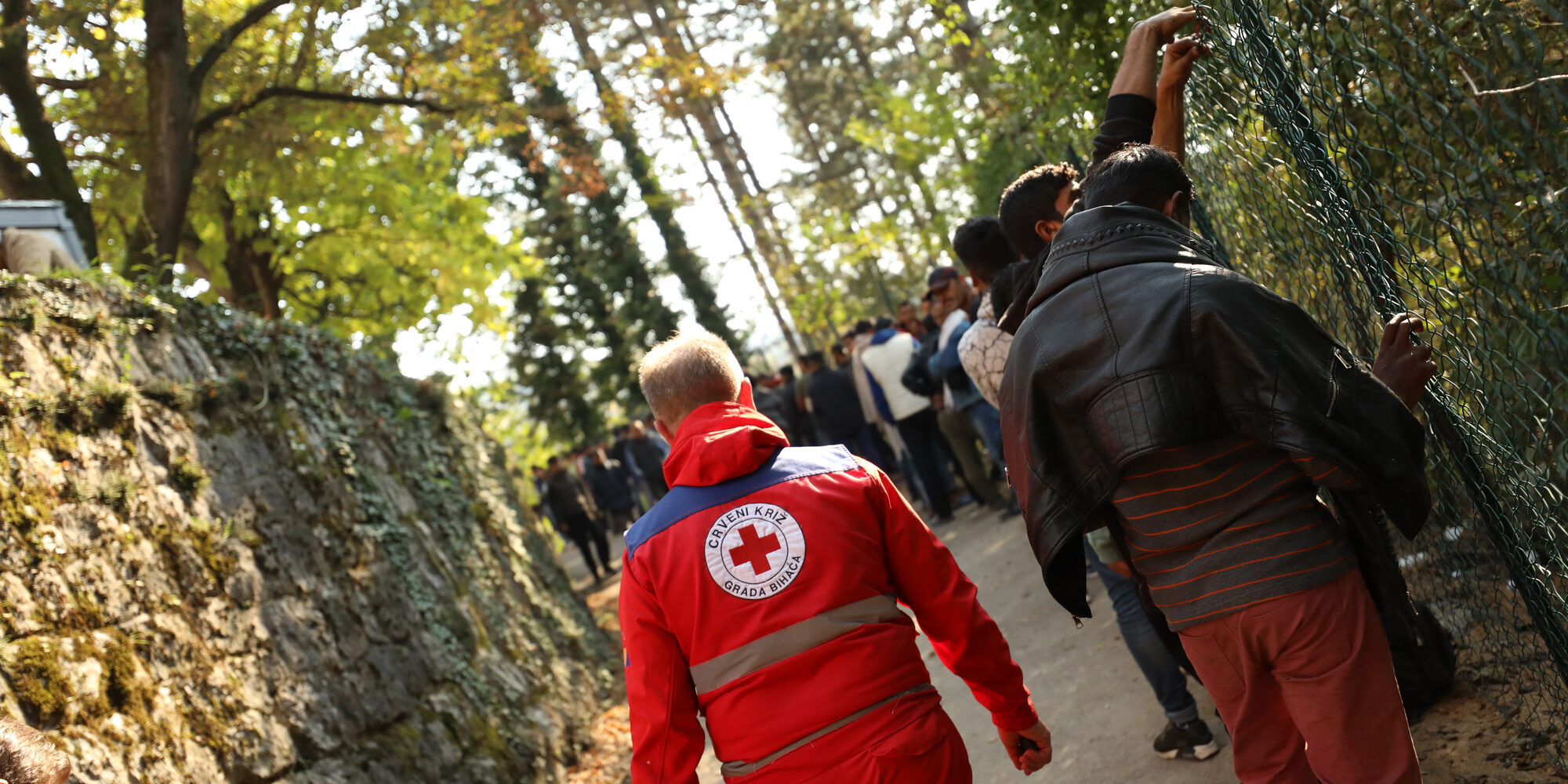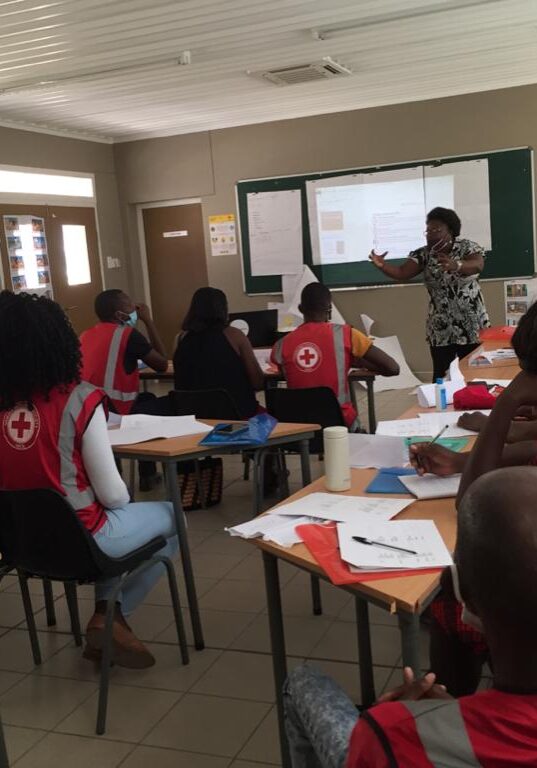Human Resources

Staffing your HSP
HSPs will often be open for long hours and have many different activities. It is important to be sure that you have the capacity to staff them before you get going.
Think about the HSP as a hub around which a number of programmes are clustered. Each of those programmes needs its own staff.
HSP personnel:
Team composition should represent the diversity of the community and service users.
Team composition should represent the diversity of the community and service users, and ideally include an equal gender balance (female, male, non-binary). All staff and volunteers should have demonstrated core competencies in protection, gender and inclusion (PGI) and/or receive training, and should be trained in first aid and psychological first aid.
Migrants can and should fill some of these roles.
They often have language skills, understand the needs and concerns of other migrants, and, may also be trusted by them. It is an excellent way to ensure programmes are accountable to migrants, can help them integrate, develop meaningful relationships, and gain local experience and references that may help them find paid employment.
All staff and volunteers should be readily identifiable, using a vest, armband, or other forms of identification.

Training
Identify the skills and competencies you think are an essential baseline, and ensure they are delivered before people begin working in the HSP.
Training is very important to safeguard people, ensure quality in service provision, and build the confidence of migrants in using the services and of staff and volunteers in providing them.
A comprehensive programme of training should include:
Identify the essential skills and competencies, and ensure they are delivered before people begin working in the HSP. Other skills can be added progressively, which is motivating for staff and volunteers, allowing them to grow in their roles and take on new or different responsibilities. Remember to also invest in refresher training.
Using role play to understand migrants’ perspectives: learning from Niger
In Niamey, a one-day training on supportive (non-violent) communication was organised for staff and volunteers in response to a need expressed by the Complaints committee. Through role-play, participants were put in the position of the migrants to better understand their accumulation of frustration after a succession of extremely difficult experiences. Participants practiced active listening skills and cultural sensitivity, highlighting the importance of understanding the migrants’ perspective and involving him/her in identifying solutions.
Staff and volunteer support
Your personnel is the life-blood of your HSP. They are the ones that deliver the services, make the connections and build trust with service users.
Equipment
Read more.
Make sure there is stationery and other supplies, and provide laptops, tablets, or mobiles so staff can work effectively and efficiently. Ensure that HSPs are always stocked with forms, maps, and other materials needed.
Scheduling
Read more.
Think about how to manage staffing in the context of long and weekend hours and locations on a long-term basis. It is important to recognise that this requires staff flexibility and mobility, and may create additional security risks. Don’t forget that people need breaks!
Emotional support
Read more.
Vicarious trauma is a real concern when people are working on a day-to-day basis with people who have had difficult experiences. It may be useful to have a service at central or national level that provides consistent, high-quality support to all HSPs.

